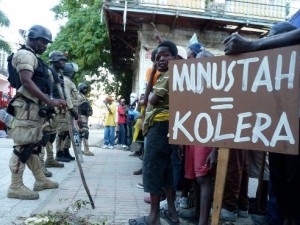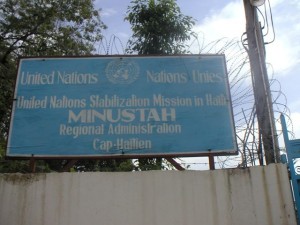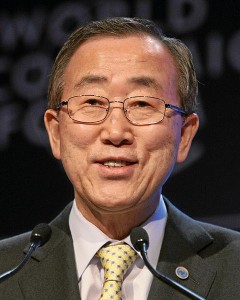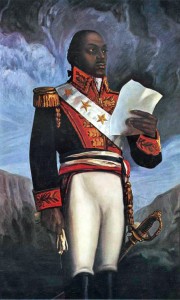by Celso Perez and Muneer I. Ahmad, originally posted at The Atlantic
Despite much evidence to the contrary, for nearly three years, the United Nations has categorically denied that it introduced cholera into Haiti after the country suffered a devastating earthquake in 2010. Since then, cholera has killed more than 8,000 people and infected more than 600,000, creating an ongoing epidemic. As new cases continue to emerge, and the U.N.’s legitimacy continues to erode, it is time for the organization to apologize and take responsibility for the consequences of its actions and its inaction.
In a new report, Peacekeeping Without Accountability, which was released Tuesday, members of the Transnational Development Clinic at Yale Law School (YLS) and the Global Health Justice Partnership, an initiative of YLS and the Yale School of Public Health, provide scientific evidence showing that the U.N. brought cholera to Haiti and argue that the organization’s refusal to hold itself accountable to the Haitian people is both immoral and illegal. As we detail, international law, including the U.N. Charter, human rights treaties, and status-of-forces agreements (SOFAs), requires that the U.N. provide individuals affected by its peacekeeping operations with mechanisms for bringing claims against the organization. The failure to provide remedies in Haiti is part of a recent pattern of the U.N. neglecting its legal and moral responsibilities in peacekeeping operations worldwide. A continued refusal would further undermine the organization’s claim to promote the rule of law and human well-being in its missions.
Continue reading Why the U.N. Should Take Responsibility for Haiti’s Cholera Outbreak




